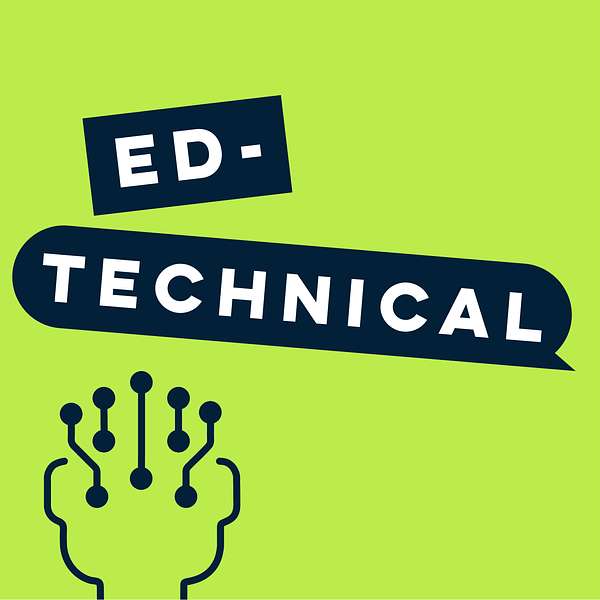
EdTechnical
Join two former teachers - Libby Hills from the Jacobs Foundation and AI researcher Owen Henkel - for the EdTechnical podcast series about AI in education. Each episode, Libby and Owen will ask experts to help educators sift the useful insights from the AI hype. They’ll be asking questions like - how does this actually help students and teachers? What do we actually know about this technology, and what’s just speculation? And (importantly!) when we say AI, what are we actually talking about?
EdTechnical
Short: Generative AI Can Harm Learning - our quick takes
Use Left/Right to seek, Home/End to jump to start or end. Hold shift to jump forward or backward.
In this short, Libby and Owen discuss a recent paper that has generated interest and discussion called ‘Generative AI Can Harm Learning’. The paper presents the findings from a thought-provoking study of nearly 1,000 students in Turkey. The study tested the effects of giving students access to two different versions of GPT-4 while studying math: one was essentially ChatGPT and the other was a version of GPT-4 that had been tailored for tutoring with a thin prompt wrapper – so it didn’t just give students the answer.
The main finding (that the title is based on) is that access to generic ChatGPT had a negative effect on students’ math test results, versus the control group who studied with no access to a chatbot. Not everyone agrees that the results justify the somewhat dramatic title, or that the title reflects the most interesting findings from the study. Listen in to see what Libby and Owen think.
The ‘Generative AI Can Harm Learning’ paper can be found here.
Join us on social media:
- BOLD (@BOLD_insights), Libby Hills (@Libbylhhills) and Owen Henkel (@owen_henkel)
- Listen to all episodes of Ed-Technical here: https://bold.expert/ed-technical
- Subscribe to BOLD’s newsletter: https://bold.expert/newsletter
- Stay up to date with all the latest research on child development and learning: https://bold.expert
Credits: Sarah Myles for production support; Josie Hills for graphic design; Anabel Altenburg for content production.